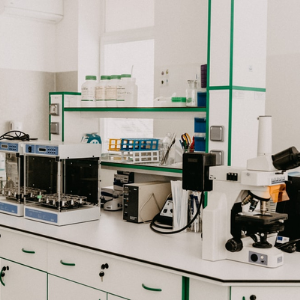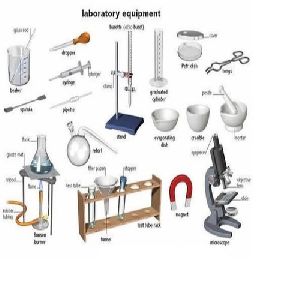
When it comes to running a successful laboratory, the right equipment can make all the difference. From testing machines to room humidity control system s, laboratory equipment is an essential component of any lab environment. Without the necessary tools, accurate and consistent results can’t be expected.
What Types of Equipment are Used?
The range of laboratory equipment used in various labs can vary greatly depending on the type of work being done. Generally though, most labs employ basic tool such as microscopes, centrifuges, incubators, spectrophotometers, analytical balances and pH meters. These are all common tools that are utilized for general laboratory use.
Depending on the specific purpose of the lab, there may also be specialized tools such as thermal cyclers and electrophoresis units which can be used to conduct more sophisticated tests. In addition, many laboratories will also have more advanced pieces of lab equipment like centrifuge rotors and tomography scanners which are used to perform more complex experiments.
How is Laboratory Equipment Maintained?
Proper maintenance of laboratory equipment is essential for any lab to stay safe and productive. Firstly, specialized safety procedures should be followed to ensure the lab remains free from harm or contamination. Next, regularly checking and calibrating the equipment should be done on a regular basis in order to ensure it’s accuracy and reliability. Lastly, regular cleaning and maintenance of the laboratory space should also take place to ensure the area remains clutter-free and organized.

These steps are crucial for any lab to maintain its safety standards and the integrity of their findings. Even with basic equipment, having the right preventative maintenance plan in place ensures that any potential issues are taken care of quickly and effectively.
Benefits of Investing in Quality Equipment
Investing in quality laboratory equipment can bring a variety of benefits to any facility. For starters, quality equipment can help to increase efficiency and speed up the research process. This not only translates into faster results, but it also helps to reduce costs associated with labor and materials. Furthermore, investments in quality laboratory equipment will often last longer and require less maintenance due to their better quality components.
In addition, investing in the right laboratory tools can also improve accuracy and consistency when conducting tests and experiments. Having reliable, calibrated equipment allows researchers to get a better understanding of the data they’re collecting and makes it easier to draw accurate conclusions about their findings.
Best Practices for Purchasing Lab Equipment
Purchasing the right laboratory equipment doesn’t have to be overly complicated. One of the most important things to consider is the type of research that’s going to be conducted. Once you’ve determined the types of experiments you plan to run, then you’ll want to narrow down your search by comparing equipment models and prices, as well as taking into account your budget.
Another key factor to consider before making a purchase is the vendor. Researching reviews online and asking peers for recommendations can help you determine which vendors offer the best deals and customer service. This can save you time and money in the long run so it’s a step that should not be overlooked.
Making the Most Out of Your Lab
Having the right pieces of equipment is just one piece of the puzzle when it comes to running a successful lab. Ensuring you have the proper safety protocols and training in place, as well as proper maintenance and calibration staff, can help to ensure your lab is both effective and safe.
Getting the most out of your laboratory requires dedication, hard work, and precise preparation. By investing in quality laboratory equipment and following best practices, any lab can maximize its potential and go above and beyond with its research.
